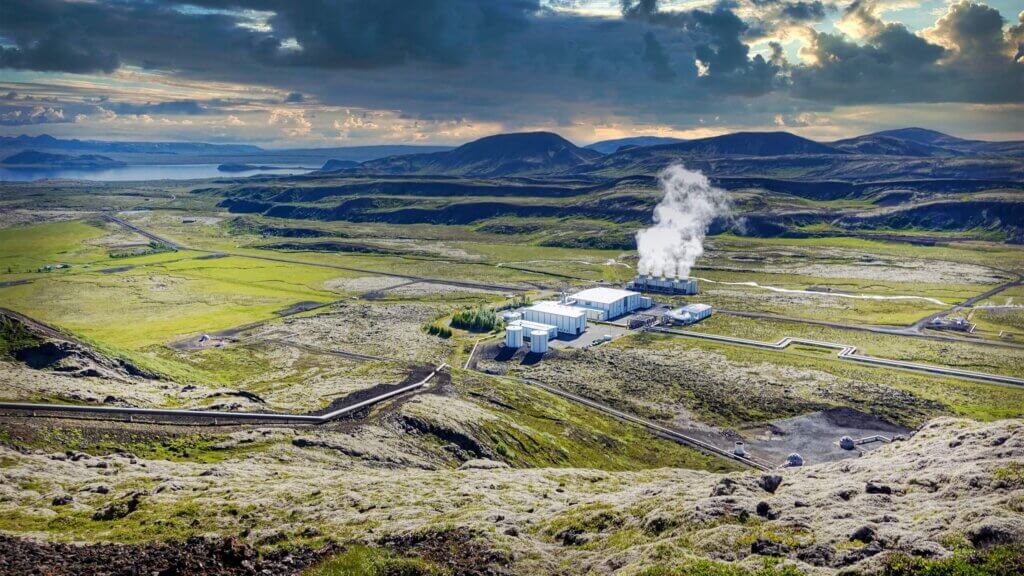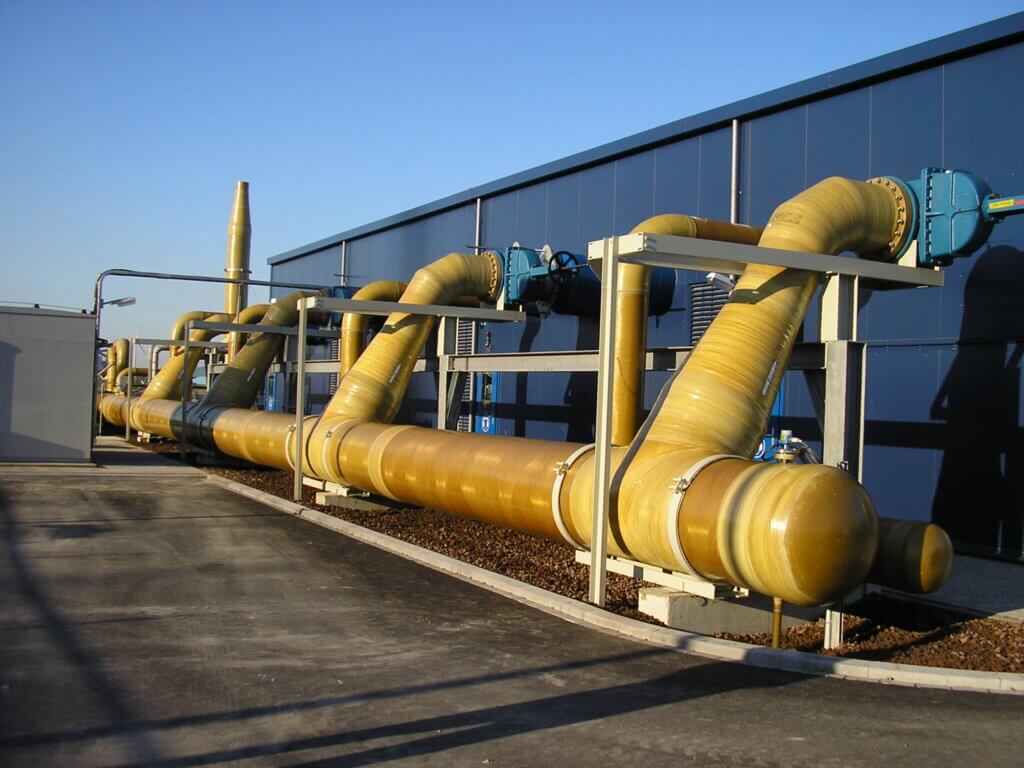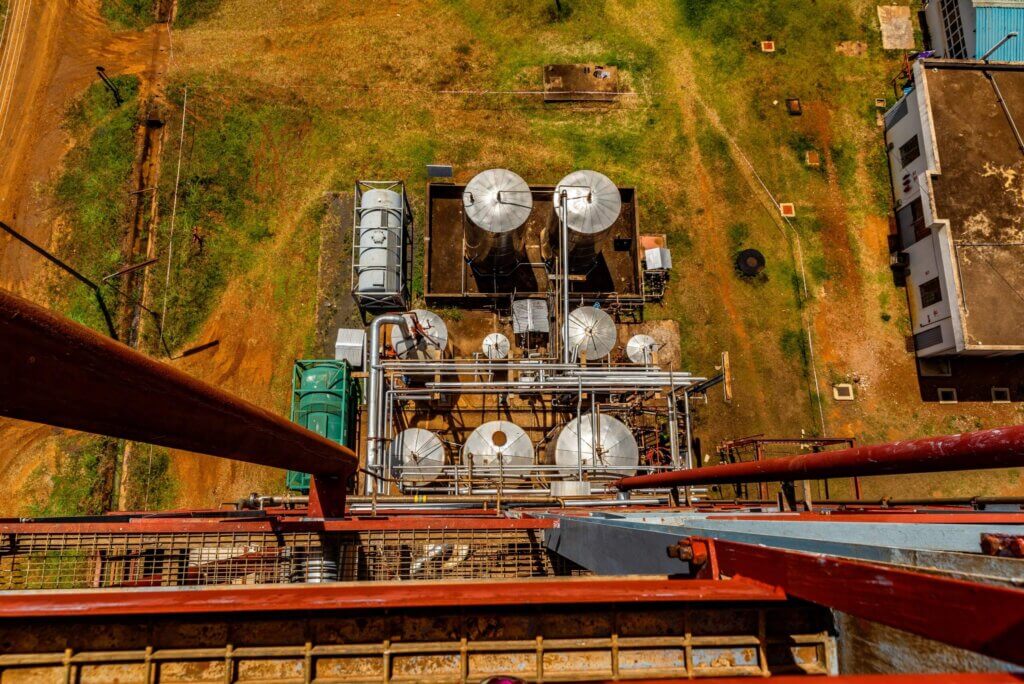Phone: +31 (0)85 058 0046
E-mail: infoaanvraag@dynaflow.com
E-mail: infoaanvraag@dynaflow.com
ABOUT US
HEAD OFFICE
Laan van Oversteen 20
6th floor
2289 CX Rijswijk
The Netherlands
In the world of fiberglass engineering, our specialized services cover every aspect of your project. At Dynaflow Research Group we can assist you with:
Our expertise is your assurance of a successful fiberglass project.

By including Dynaflow from the early stage of fiberglass project development, you can avoid costly delays at a later stage.

Dynaflow has developed a unique service portfolio dedicated to the design of fiberglass systems making Dynaflow a valuable partner with over 35 years of experience.

With a presence in Europe (NL) the Middle East (UAE) and North America, we can quickly respond and provide on-site support.
The last decades have shown a large growth in the use of Fiber Reinforced Plastic (FRP) also known as Glass Reinforced Plastic (GRP). The most common materials used for FRP piping are Glass Reinforced Unsaturated Polyester (GRUP), Glass Reinforced Vinyl-Ester Resin GRVE) and Glass Reinforced Epoxy (GRE) resin. Their uses differ per operating conditions like the fluids to be transported, temperature, pressure, and required size of the piping. The glass-reinforced plastics commonly used for piping and vessels consist of glass fibers embedded in a thermoset matrix. The choice of the combination of resin and glass type highly depends on the required chemical resistance and strength.
FRP piping has superior corrosion resistance compared to conventional carbon steel. The corrosion resistance of FRP avoids the use of expensive corrosion mitigation requirements like corrosion inhibition or cathodic protection of your pipeline. Inspection costs for intelligent pigging and/or US inspection to monitor the corrosion of carbon steel piping can be saved when applying FRP systems. Maintenance costs are also low compared to carbon steel. FRP systems for example do not require external coatings for buried pipelines. For above-ground piping, integrated UV stabilization packages of FRP piping avoid the requirement for external coatings.
The lower weight of FRP compared to steel results in easier and more cost-effective handling of piping. For offshore structures, weight savings are crucial to limit total structure weight, and FRP can contribute to achieving lower total weight.
Fiberglass Reinforced Plastic has found its way into the industry and has been applied for more than 3 decades in the oil and gas industry, chemical industry, and power plants. More and more applications are found where fiberglass piping is a more sustainable choice than steel piping.
The energy transition has caused an increasing interest in Geothermal wells for industrial and domestic heating purposes. Geothermal energy is already being used in the agriculture industry for the heating of greenhouses.
The design of FRP piping for geothermal tubing comes with specific challenges related to loading conditions that differ from standard process piping. Dynaflow’s experience has been applied successfully to overcome the more complex thermal, hydrostatic, and mechanical loads acting on the tubing present in a geothermal well.
For the application of FRP in the casing system for geothermal applications a European project has been launched. This project consists of a consortium of eight geothermal expert partners, including Dynaflow Research Group, whose aim is to develop a new glass fiber-reinforced epoxy casing system for geothermal application, short GRE GEO. This will allow for the casing system to be used in new installations as well as utilized for workover for old wells. Furthermore, the project includes the guidelines and tools for the design, qualification, and installation of the GRE piping system.

Fiberglass’ advantages particularly shine in the offshore industry where fiberglass products are increasingly used over more traditional materials like aluminum and steel.
An important reason why FRP is so valuable in offshore applications is its corrosion resistance. FRP is also resistant to UV rays or chemicals which makes it an ideal candidate for the demanding conditions offshore.
Another key benefit of FRP is its lightweight compared to steel. This is especially useful in offshore applications where materials need to be transported to remote locations. At their destination, the light weight helps to limit the total mass of the installation and thereby the load on the offshore platform. FRP materials are also high-strength and have a higher strength-to-weight ratio than steel.
The resistant nature of FRP piping reduces maintenance costs and related downtime. This, together with its high strength-to-weight ratio limiting transport costs and offshore platform loads, makes FRP, particularly for the offshore industry, a cost-effective solution.

Fiberglass material is an ideal candidate for piping systems used for chemical service. FRP pipe can be resistant to a wide range of chemicals. The resistance of FRP to chemical deterioration however relies primarily on the resin used in the liner.
The selection of the fiberglass system for chemical service depends on the fluid to be transported and its temperature. Both the resin type and glass type determine the specific chemical compatibility of the piping system. For instance, caustic service requires another resin and glass fiber type than acid service.
For severe chemical fluids like for example sodium-hypochlorite or high-concentration hydrochloric acid lines (desalination/demineralization plants) dual laminated systems with a corrosion-resistant liner are often used.
For every type of chemical service, an optimum combination of resin and glass reinforcement exists. The design and qualification of such systems deviate from that of “standard” FRP products and therefore need special attention. Also, the chemical compatibility and type of seal/gasket need to be selected carefully.

It is recommended to include specific Fiberglass Reinforced Plastic (FRP) knowledge and experience from the very early stage of the project (FEED phase). Early identification of risks and specific issues will pay off throughout the project execution phase and will avoid costly delays and other unforeseen costs that otherwise may arise at a later stage in the project.
DRG, for example, determines or reviews the suitable pipe wall thickness, taking into account the type of application and the vendor’s proprietary pipe and component design. These calculations are often performed in close connection with the material qualification program.
The design, qualification, and installation of FRP material differs from conventional materials and is sometimes complex to understand. With the right support at the right time, many problems at a later stage can be avoided.
The large variety of glass reinforcement types, resin types, and thermoplastic liners, requires product selection to be tailored to the specific application of the fiberglass system. The product selection depends on the fluids to be stored (required corrosion resistance) or transported, the operating conditions (temperature and pH level), and environmental conditions (UV radiation). DRG can help you to select the best fiberglass product for your application.
Despite standardization, most pipe manufacturers have their proprietary joint systems. Over the last 40 years we have designed systems with pipes supplied by various manufacturers like National Oilwell Varco (Ameron, Centron, Star), Future Pipe Industries, Amiantit, Sarplast, Plasticon, and CPI.
The number of Fiberglass Reinforced Plastic (FRP) systems offered in the market is large. The availability of the systems and portfolios of the vendors differ in the pipe dimensions they offer, the used pressure ratings, and the chemical compatibility. The most common materials for FRP piping are Glass Reinforced Poly/Vinyl-ester resin (GRP/V) and Glass Reinforced Epoxy (GRE) resin. Their uses differ per product size and application. Generally, GRE piping allows for higher operating temperatures than GRP/V piping.
Through our extensive fiberglass service portfolio, we gained in-depth knowledge of the systems and products vendors have to offer. We are familiar with their specific pipe and components catalogue and we can help to specify and select the best vendor and system for your specific fiberglass application.
The qualification of fiberglass requires full attention during the vendor bid phase and before stress analysis as the qualification provides key data required for the stress analysis. DRG can be a strong partner in vendor selection and assessment.
To assure that the installation of a fiberglass system meets the different standards and delivers a good quality, qualified, system, there are a number of critical aspects to consider once the vendor for the fiberglass piping components is selected.
To assure the quality of the fiberglass piping components, a solid Inspection Test Plan (ITP) is required. DRG offers technical support for ITP reviews and during ITP meetings with the vendor to assure that a solid test plan is in place during manufacturing.
Another critical part of vendor assessment are assessment and verification of work procedures related to jointing/adhesive bonding, pipe handling, pipe storage, consumables storage, transportation and backfilling procedures for buried pipe. A check on qualification and certification of fiberglass pipefitters is a standard part of vendor assessment. Factory inspections are also an important part of total quality assurance.
Last, but not least, it is recommended to perform a manufacturing quality audit of the production facility of the vendor. Here we review pre-inspection plans provided by the manufacturer and perform factory QA/QC audits during manufacturing to assure that procedures meet the standards and end-user specifications.
When you, as a fiberglass manufacturer, want to set up a new fiberglass product line, DRG can assist in the design of components like flanges and fittings. Finite Element Analysis is often used in the development phase. We can also assist in the preparation of a qualification test plan and QA/QC test plan or Inspection Test Plan (ITP).
With our in-depth knowledge about the properties of the materials used in a composite pipe, glass fiber and resin, we can also assist to find the optimum selection of raw materials to meet the application requirements. There is a large variety of resin types and glass fiber types available on the market that all have their specific strengths and weaknesses like maximum operating temperature, chemical resistance, mechanical stiffness and mechanical strength. The application area of the system therefore often dictates the selection of the raw materials.
Most of the codes and standards related to Fiberglass Reinforced Plastic (FRP) are performance-based and require proof of the strength of the final component. The strength of components needs to be proven with pressure tests. The objective of the qualification procedure is to verify the specified qualified pressure of each component.
For large diameter components the costs of qualification can be reduced by performing Finite Element Analysis (FEA). To get accurate FEA results an FEA of a benchmark qualification test is performed to determine acceptable material stresses and strain. A modified but similar geometry can then be accurately optimized using FEA, with packages such as FEPipe and Abaqus. This optimization reduces the amount of failed qualification tests and thus the cost of qualification.
Studies have shown that most failures of Fiber Reinforced Plastic (FRP) systems are the result of poor design, poor qualification and construction errors. Joints, especially adhesive bonded joints, are prone to poor workmanship, poor QA/QC and lack of proper field supervision. Adhesive jointing procedures require special attention in hot climates like the Middle East as e.g. the pot life will vary with temperature and the total allowable working time to complete a joint depends on diameter of the pipe to be jointed.
On-site inspections during the construction phase are crucial to verify whether the construction work meets the specified working procedures and whether design requirements like soil conditions, backfilling procedures and the presence of sufficient supporting are met.
Our field engineers are highly experienced in installation supervision and can assist at any time finding the root cause of a problem. Using experience in the behavior of FRP and proper installation guidelines as well as knowledge of the mechanics of the fiberglass material DRG has been successfully involved in inspection of many fiberglass installation projects around the world.
In some cases, the project execution or commissioning of a pipe system does not meet the expectations of the end-user or does not meet the agreed specifications. Conflicts may arise between end-user and installation contractor or vendor of the system. DRG has a strong track-record as an independent technical expert in this type of court cases.
DRG conducts piping flexibility assessments using the software Caesar II from Hexagon. Caesar II is used for both static and dynamic piping analyses. We have a thorough understanding of the software and are also an official Caesar II training provider for Hexagon. Caesar II is considered the industry standard for pipe stress analysis.

Our inhouse developed professional software solution BOSfluids is an interactive and visual software package for the simulation and analysis of fluid flow to determine the flow rates, pressures and unbalanced forces in piping systems. It is an effective tool to study the steady state and transient flow conditions and help you perform coupled fluid-structure analyses.
Laan van Oversteen 20
6th floor
2289 CX Rijswijk
The Netherlands
© Dynaflow Research Group BV